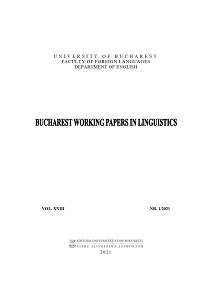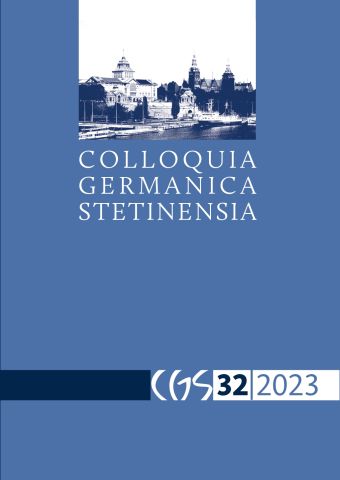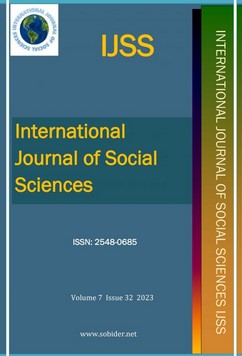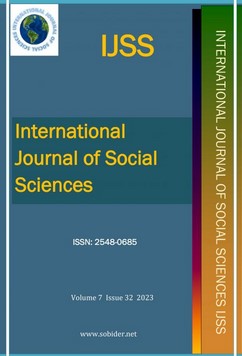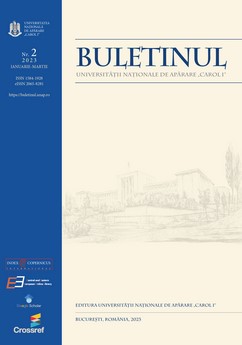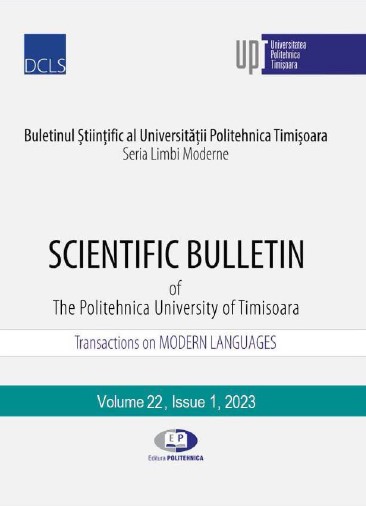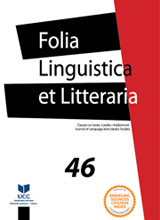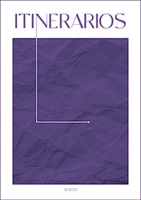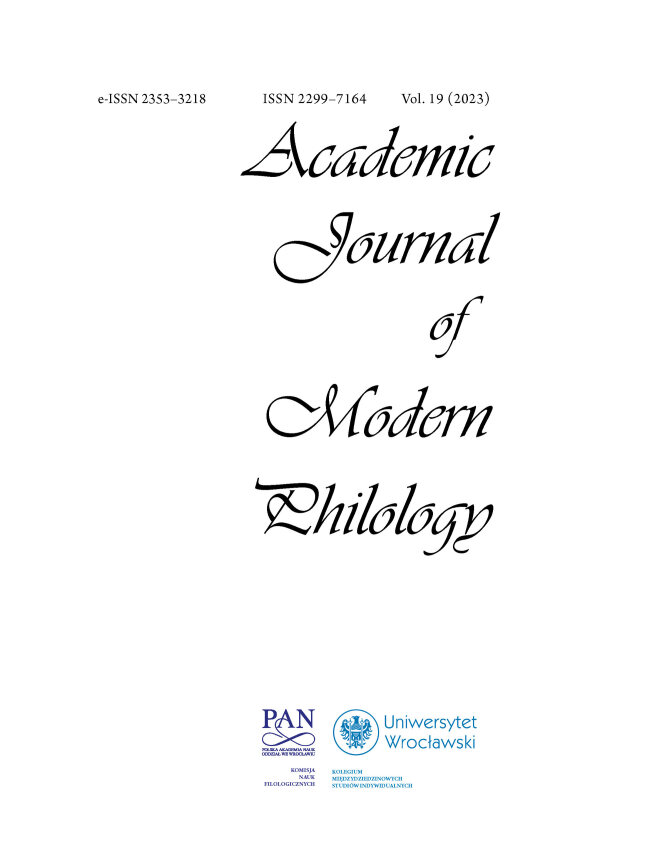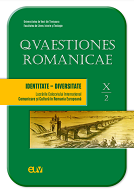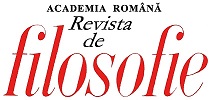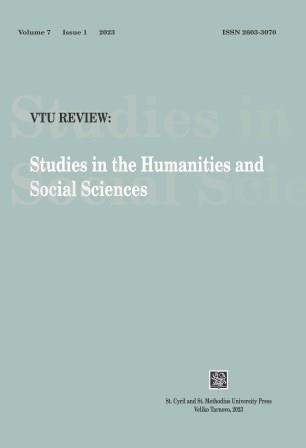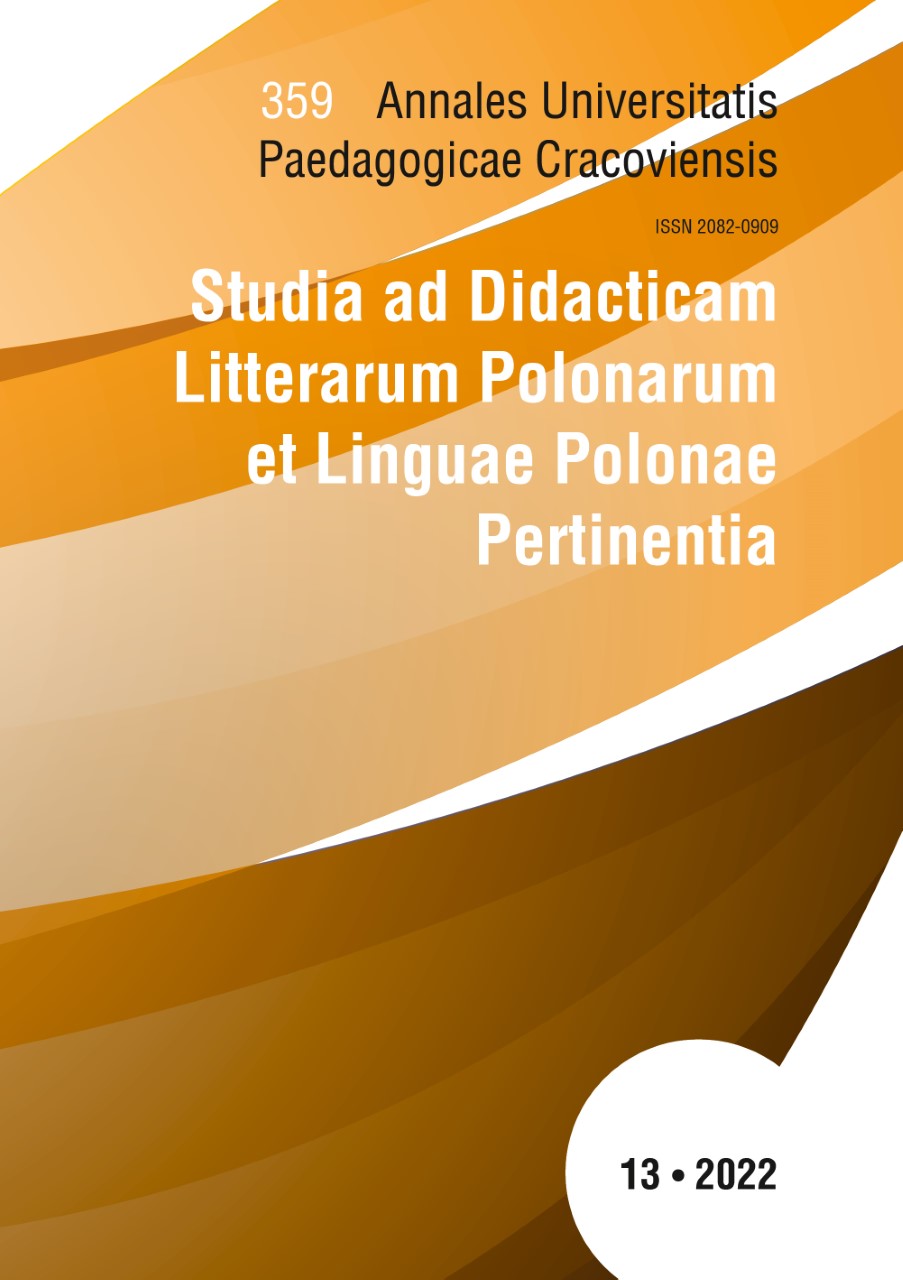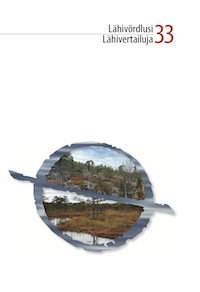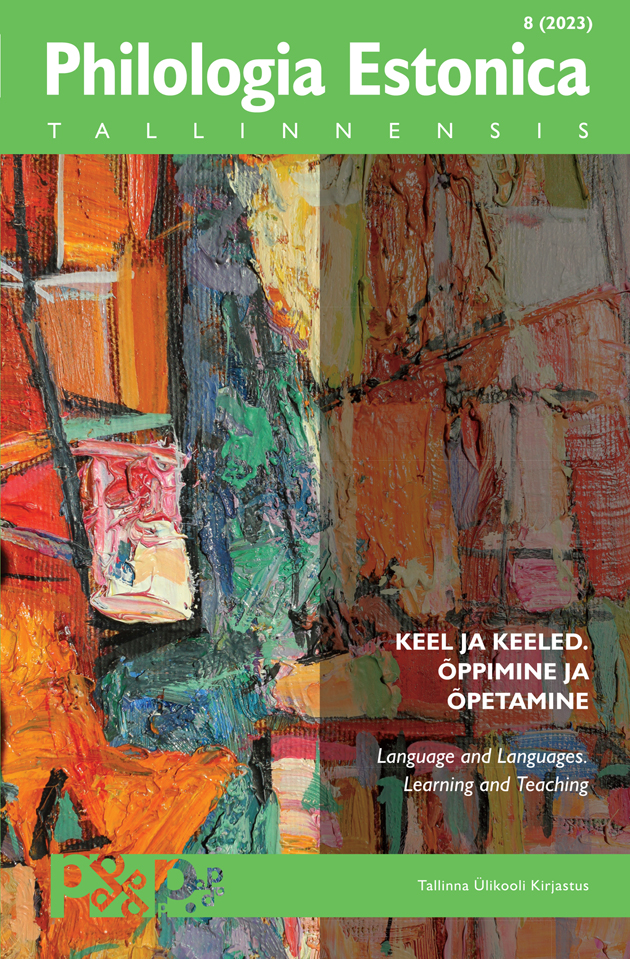Author(s): Tiina Rüütmaa,Merilin Aruvee / Language(s): Estonian
Issue: 33/2023
Language acquisition is often more effective and motivational outside the classroom, as it allows the use of the target language in real life situations adding the aspect of relationship building and networking. A good way to improve one’s language skills is through leisure activities as it provides an opportunity to communicate with people with similar interests in a target language environment. However, in Estonia recreational activities are quite segregated. Within an interdisciplinary project course at Tallinn University the project "Unnoticeable Language Learning" (ULL) was carried out in 2019–2022. The main objective of the project was to develop a new language teaching strategie, which can be used to teach and learn Estonian unnoticeably in the course of some gripping recreational activity. The project also aimed to propagate the modern approach to language learning and increase native speakers’ consciousness in supporting language learners and to indicate the importance of non- and informal language learning. Tis article gives an overview of a design study of ULL which aims to articulate the ULL as well as to describe its development and testing. The participants of 2019–2021. ULL projects had to form groups, find a recreational activity to be used to teach Estonian unnoticeably to a target group, then to determine what activities and strategies could be used in order to achieve the objectives. First the participants learned about modern language learning methods to get some inspiration, most of it came from Total Physical Response, Natural Approach and Task-Based Language Learning. Next the activities were planned and tested on the target group, outcomes were documented and analysed. Whereas in the course of the 2022 ULL project the material of previous years was compiled, analysed and the ULL methodology was formulated and introduced via Facebook, seminars and website. The content of the ULL comes from (recreational) activity, it’s best suited to sporting activities (e.g., sports, exercise, hiking), but also works with other activities (e.g., cooking, crafing). Based on ADDIE model (Fink 2013) we formed five main stages in the ULL: 1) Analysing the needs of a target group and possibilities that activity has to offer; 2) Design of activities and language material, it is crucial to design language learning material based on activity, not vice versa, since the focus should be on doing; 3) Developing specific tasks and the use of language, in some cases also preliminary work with the target group, e.g. introducing language material before activities. At this stage, it is important to be aware of the learner's ability to acquire new language material in a certain period of time and the need to repeat the language material often enough. 4) Implementation – engaging activities on which the attention of learners is focused, while tutors are using the chosen language material. The most important keywords here are keeping the recreational activity in focus, visualisation of the language material (commands and presentation of their execution; clarification of the language material by means of physical objects or images) and adequate repetition. Feedback about the acquisition of the language material can be obtained by observing the development of learners (e.g. learners no longer need presentation of the execution of commands, they start using the learned words/phrases), but also in different types of feedback sessions (e.g. showing objects or images and having learners name names of objects, giving them the task of repeating activities on their own and commenting it in Estonian, Kahoot games). (4) Evaluation aims to direct the teacher to develop activities. ULL also assumes that supervisors are ready to make changes if needed: as experience learning ULL must be flexible. However, the tutor should always remember that the attention of learners focus must on the main activity, should under no circumstances shift to the language learning; the learner's ability to acquire new language material is limited; to be acquired unnoticeably language material must be repeated many times; the learner needs a lot of visual support and demonstration. Experiments carried out within the framework of the project showed that the ULL methodology works and can be used successfully in recreational activities by supervisors of recreational activities and coaches.
More...

